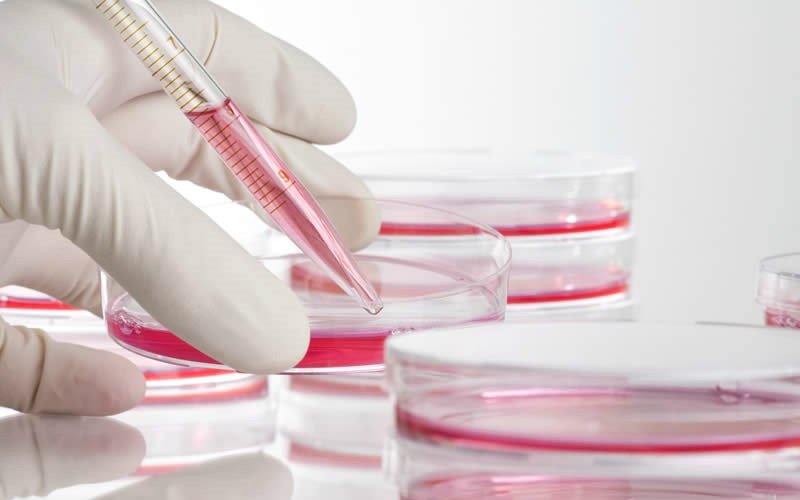College-aged and other women hurting financially see the ads offering a decent amount of money in exchange for their "donated" eggs.
During an egg donation, women are given drugs to increase egg production and a trigger shot of HCG (Human chorionic gonadotrophin), a hormone produced by the placenta, to release the eggs from the follicles. Eggs are retrieved when a needle punctures the ovaries multiple times.

Kallie Fell of The Center for Bioethics and Culture Network (CBCN) says the women are not making donations; the businesses that buy their eggs go on to sell them to infertile women or those who act as surrogates. And the risks associated with those transactions are often suppressed.
"The dangers to young women -- such as ovarian hyperstimulation syndrome (OHSS), which occurs more frequently than what's let on, infertility in their later years, cancer, [and] other things -- we're not really making a clear picture of what could happen to young women's health when they sell their eggs," Fell asserts.
She advises women not to sell their eggs for short-term gain, because they may pay a huge price in the long run.
"This is a global marketplace; this doesn't just happen here in the United States," Fell notes. "Unfortunately, in the United States, there's a patchwork of laws. Different laws allow different things; they govern different things, but this is bigger than the United States. This is a global issue."
The industry maintains that egg donation is a low-risk process, but the fact is no research has been conducted to support or bust that claim. So, Fell is calling for the practice to be completely halted while researchers look into it and prove just how damaging it is.







